HS2 may cost £10bn more than planned, minister tells MPs
- Published
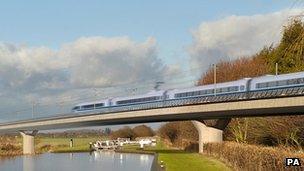
The HS2 line is intended to link London to Birmingham, Manchester and Leeds
The proposed budget for the HS2 railway has risen by nearly £10bn to more than £40bn, the transport minister has said.
Patrick McLoughlin told the Commons the new projected cost of £42.6bn, up from £33bn, included "contingency" money.
He said the final cost could be lower than the new estimate, but said revising the figure was "right".
Several MPs criticised the High Speed Rail (Preparation) Bill in a debate, but a bid to quash it was defeated by 325 to 37 votes.
The new high-speed railway line is intended to link London to Birmingham by 2026, with branches to Manchester and Leeds, via Sheffield, planned by 2032.
The first phase budget is now £21.4bn, with £21.2bn for phase two. These figures include a contingency fund of £14.4bn across the scheme.
Mr McLoughlin said contingency money was built into the London Olympics budget but the cost ended up "below the price that had been set by the government".
"While I expect the final costs to be lower than those I have just outlined... this is the right way to plan the project," he told MPs.
He also said the new budget took account of "design and environmental changes to improve the scheme", including alterations to the route such as a tunnel under the M6 near Birmingham.
Mr McLoughlin said scrapping HS2 would be the "easiest thing in the world" for the government, but the long-term cost of that would be "huge".
He said building HS2 would "create and support" at least 100,000 jobs and "underpin" a further 400,000.
HS2 could add more than £4bn to the economy before opening and would provide "around £50bn worth of economic benefits once it is up and running", he added.
Mr McLoughlin said the coalition was considering various compensation schemes for residents affected by the planned rail line, including a possible "property bond".
The bill would give the transport secretary power to spend money developing the HS2 line.
A group of mainly Conservatives tabled a rebel amendment, urging MPs to reject the bill until budgets and the route were determined.
The rebellion, supported by 21 Tory backbenchers, was led by former cabinet minister Cheryl Gillan, whose Amersham constituency will be affected by the plans.
She said the project was "30 years too late" and added: "Technology and the whole of the UK is moving in a different direction."
Twelve Labour MPs, one Lib Dem and three Plaid Cymru MPs also opposed the bill.
But other Labour and Liberal Democrat MPs support HS2, and the vote was overwhelmingly in its favour.
A vote to give the Bill a second reading was defeated by 330 to 27.
Shadow transport secretary Maria Eagle said HS2 was "essential", but voiced concerns about delays to the project.
Robert Oxley from the Taxpayers' Alliance described the project as a "white elephant", which would not deliver the economic benefits ministers claim.
- Published17 May 2013
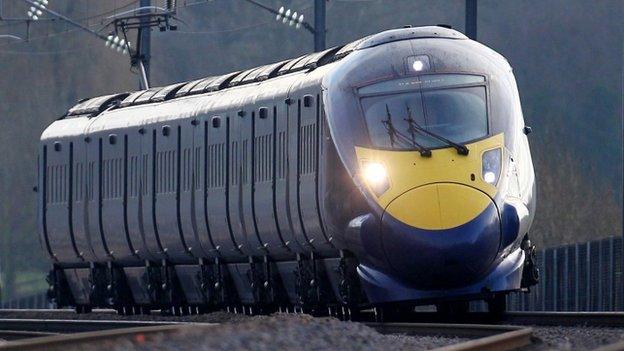
- Published6 October 2023
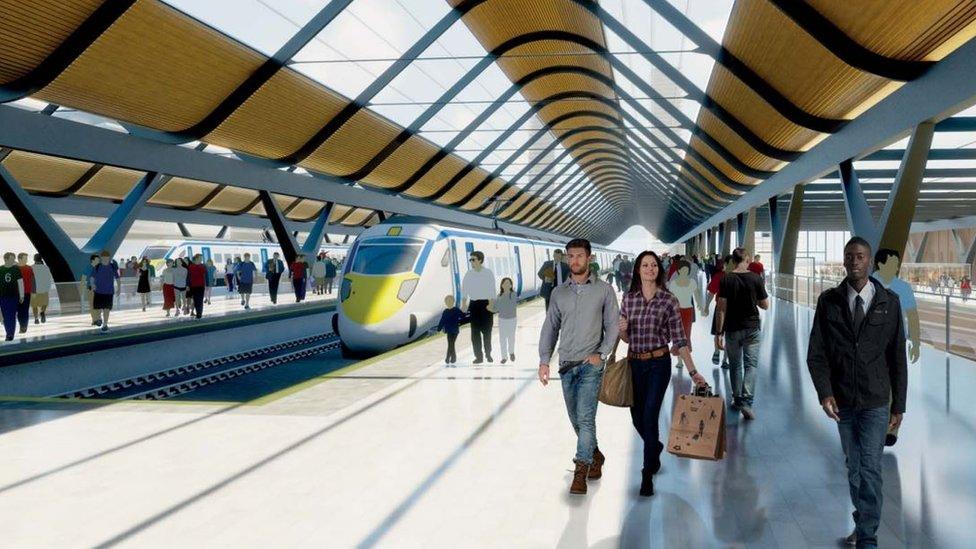
- Published16 May 2013
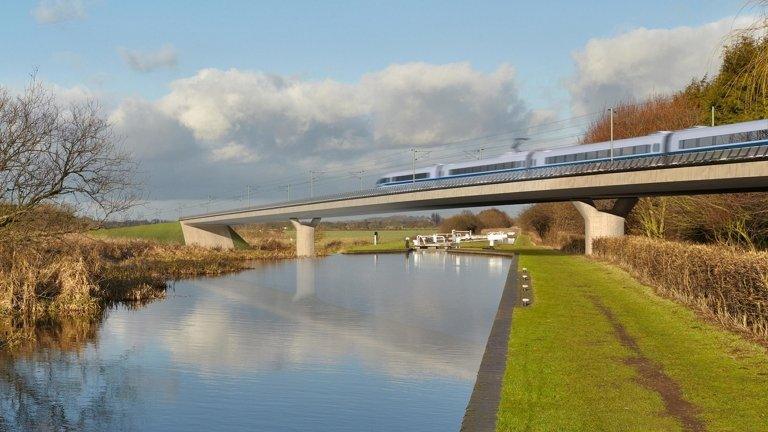
- Published29 May 2013
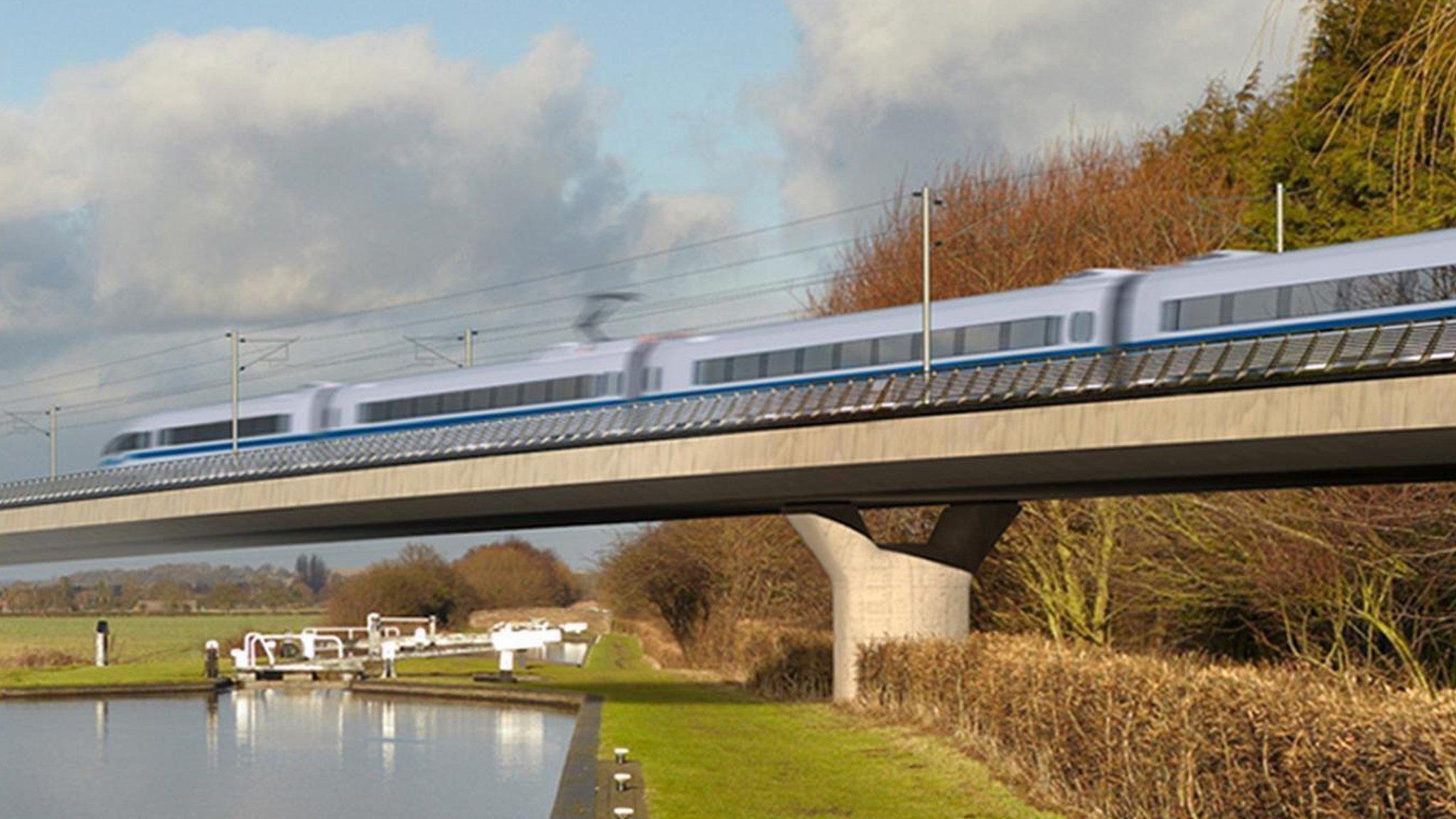
- Published15 March 2013
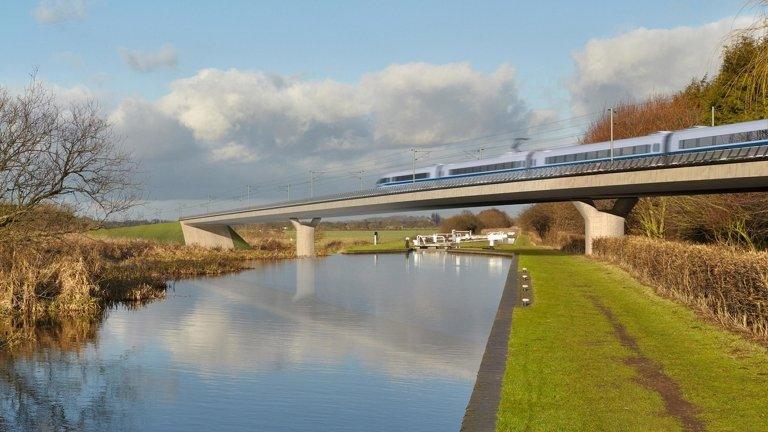
- Published20 May 2013
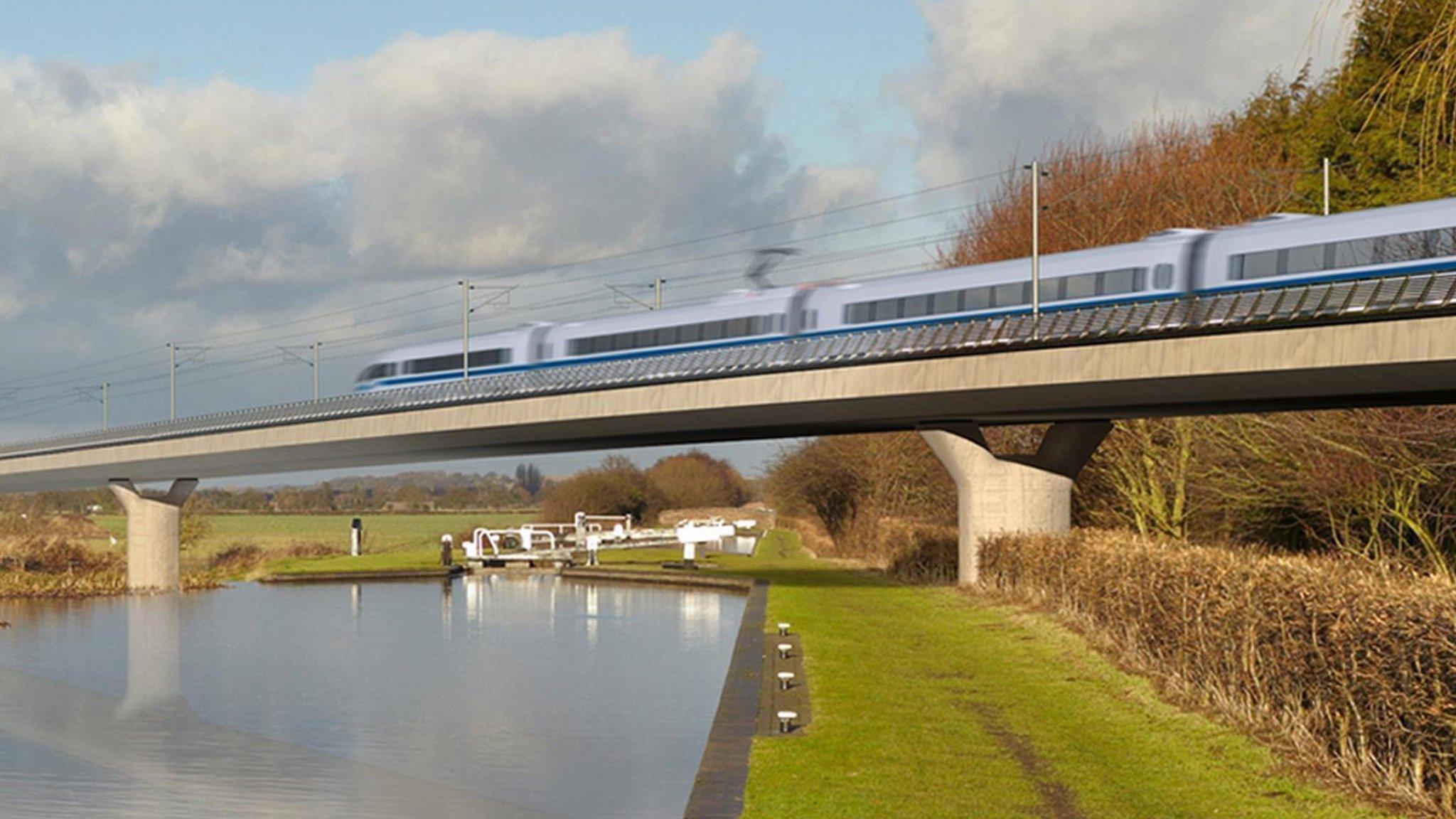
- Published10 January 2012

- Published8 May 2013
